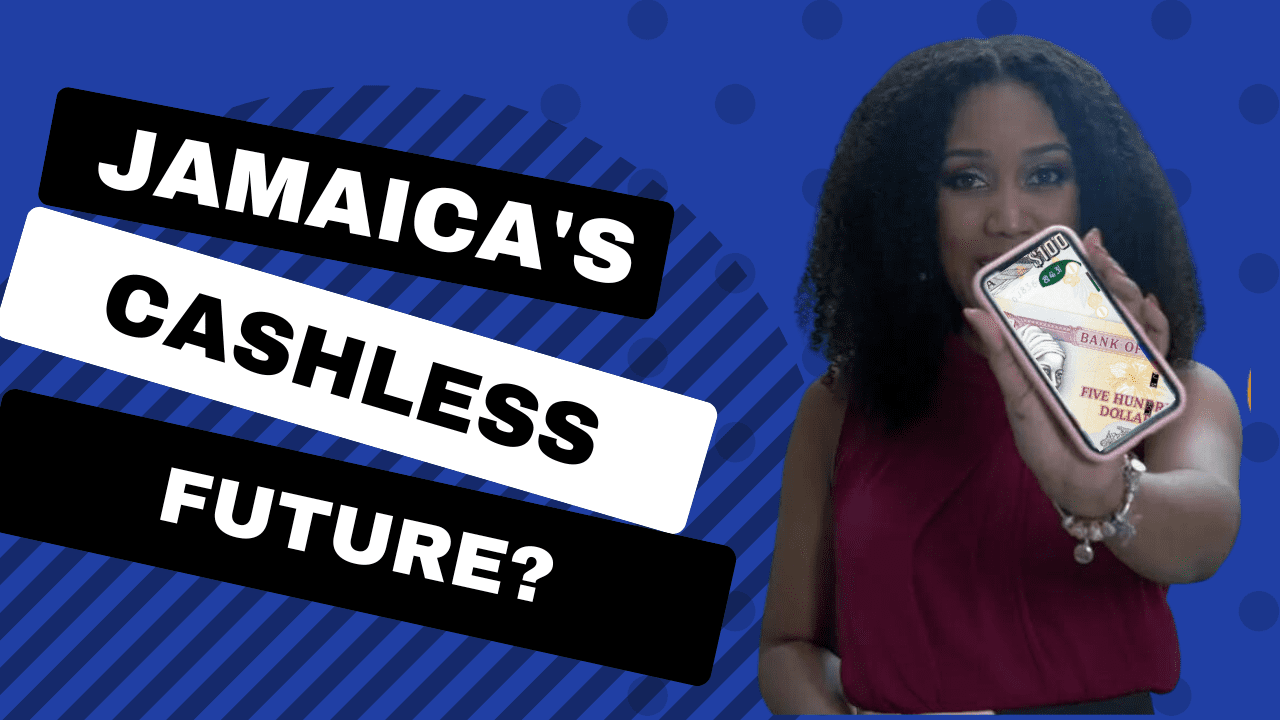
Should Jamaica Go Cashless?
A lot of you had some very strong reactions after I posted this video about Jamaica going cashless. Most of you strongly disagreed, and I heard all kinds of conspiracy theories about how is the government set up the Beryllium robbery to force us to go cashless. And some of you even accused me of being paid to say what I said.
FYI, if I was paid, you would know it. I always disclose any sponsorship I receive, and no, that video was not sponsored, and no one is paying me to promote a cashless agenda. I just genuinely believe that it’s a better way of doing business and is more secure than physical cash.
And if you don’t want to hear anymore of this “cashless agenda” you can stop watching right now because I’m about to give you some examples of how it works in other developing countries very similar to Jamaica.
While no country is fully cashless, several have been integrating digital payments into everyday transactions for years now, either through mobile money or central bank digital currency, CBDC.
Mobile money simply refers to transactions done from a mobile device and digital wallet. For example, in Jamaica, we have Lynk, and Paymaster just launched one called My Cash. Users can convert their physical cash to digital and use the wallet’s app to make payments. Very similar to Apple Pay and Google Wallet.
CBDC, on the other hand, stands for Central Bank Digital Currency. It’s a digital-only version of a country’s official currency and is issued and backed by that country’s Central Bank. In Jamaica, we have JamDex, the Bahamas has the sand dollar, Nigeria has the eNaira, and China has a digital Yuan.
Now China is actually the global leader when it comes to digital payments. In 2022, digital payments in China reportedly climbed to US$3.5 trillion, yup Trillion. One study said that 64% of China’s overall population or more than 900 million people did transactions digitally.
And Kenya and Ghana are also among the global leaders when it comes to using mobile payments.
A 2020 study showed that transactions via mobile wallets and phones made up approximately 87% of Kenya’s Gross Domestic Product, and 82% in Ghana. That means almost 90% of business in Kenya is conducted digitally.
Major sectors like agriculture, health, retail and wholesale in Kenya depend on mobile money, which they call the MPesa. And this is both urban and rural. The MPesa is actually available in seven African countries; Kenya, Ghana, Tanzania, Lesotho, Mozambique, DR Congo and Egypt. Over 51 million customers use it for everyday transactions like paying bills and receiving salaries. Roughly 314 billion US dollars goes through MPesa every year.
And even a little closer to home in Haiti. After the earthquake in 2010, investors pumped a lot of money into developing mobile money in Haiti. Digicel actually has an app called MonCash that allows Haitians to do transactions without physical cash. They can also receive international transactions. So loved ones can send money to their family.
So the idea of Jamaica – and the world – eventually becoming entirely cashless is not far-fetched. But when we did a poll on this question, 62% of you guys said Jamaica is not ready to be cashless. And I agree with you – we’re definitely not ready now. It will take a lot of incentives for there to be mass adoption of cashless strategies since a lot of you are very sceptical about it overall.
It would also take significant investment from the government and the private sector. Laws would need to be updated. Infrastructure would have to be more reliable. Public education would have to be massive. And even so, I think there will still always be a need for cash in cases of emergency.
…Click the link in my bio and choose NEWSLETTER to get money news like this straight to your inbox. Let’s get this money!
Ask The Analysts
The Cast David Rose Business Writer, Observer Leovaughni Dillion Investment Research & Sovereign Risk Analyst at JMMB Group
R.A. Williams to list on JSE
The Cast Audley Reid CEO R.A. Williams Distributors Julian Morrison Founder, Wealth Watch JA


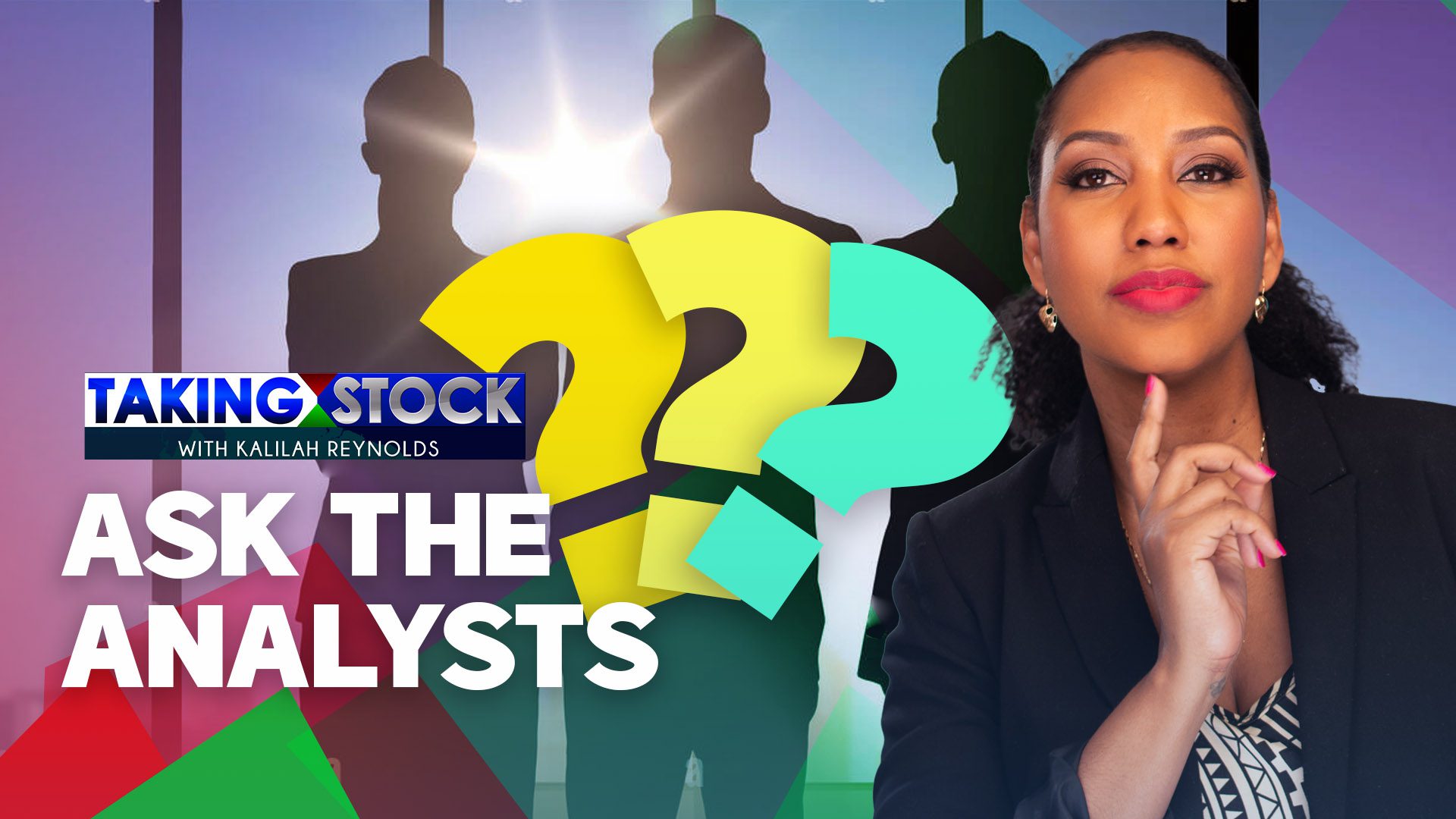
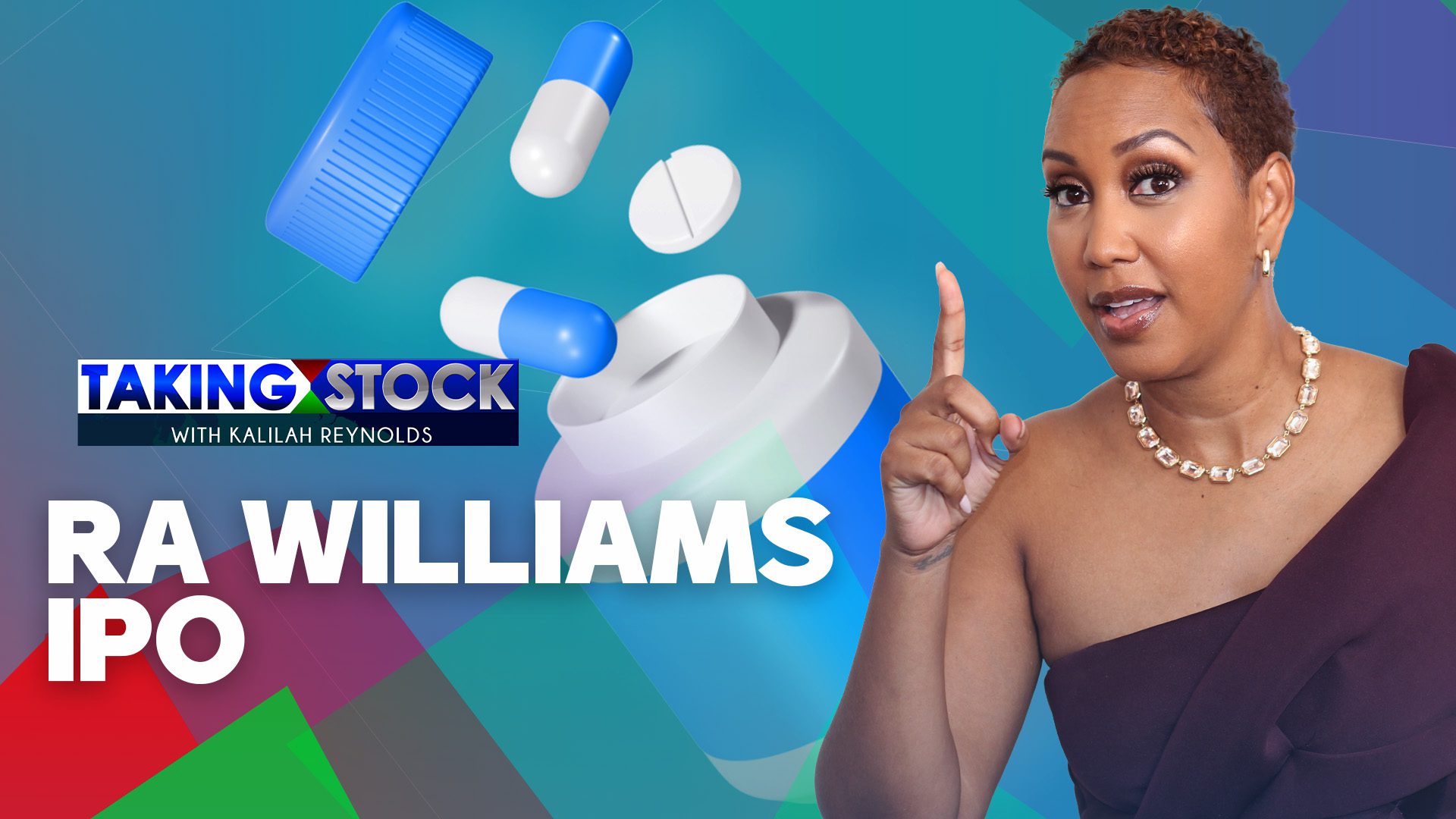
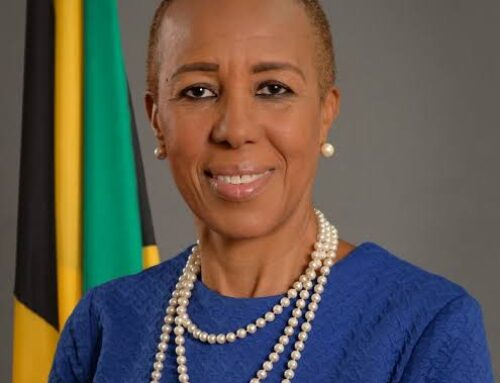

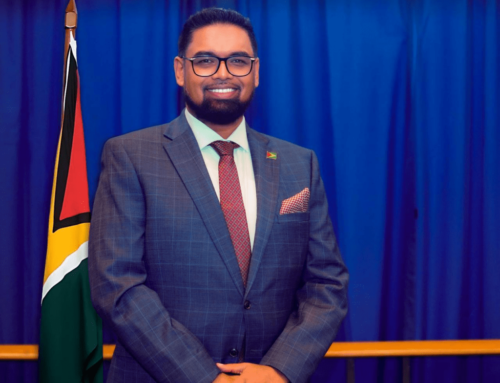


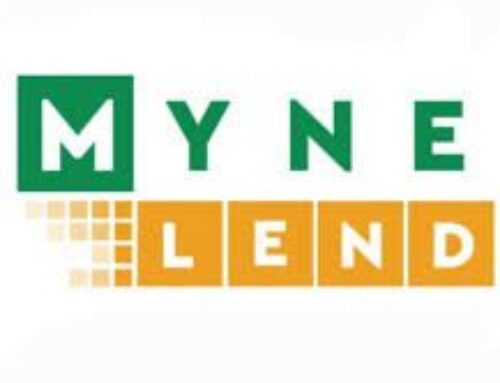
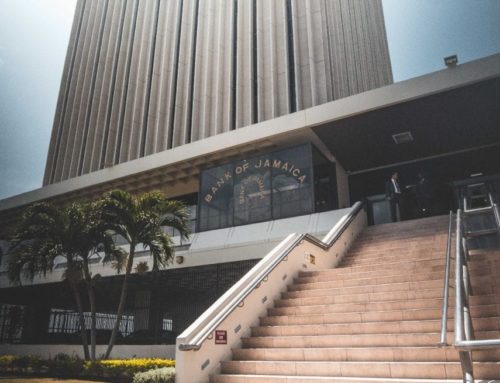
Leave A Comment